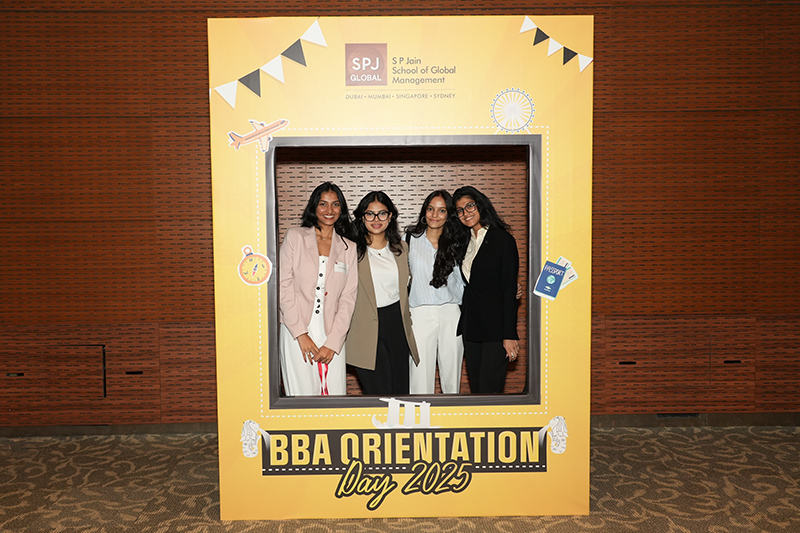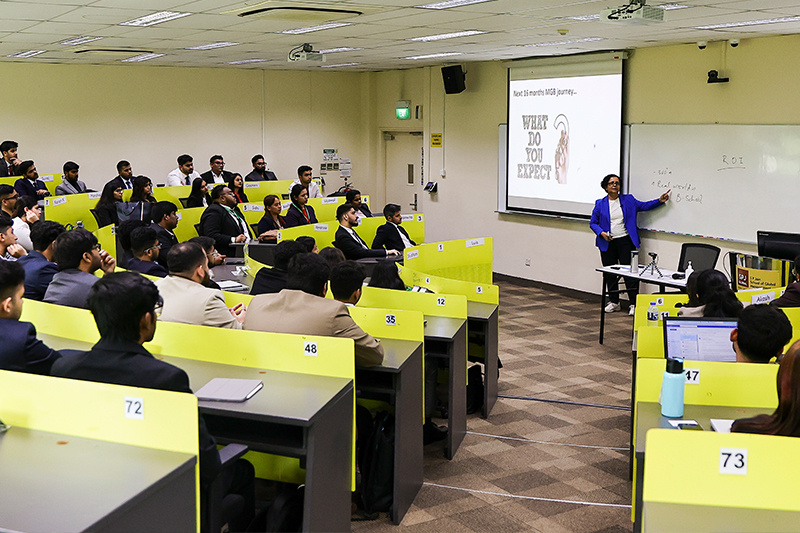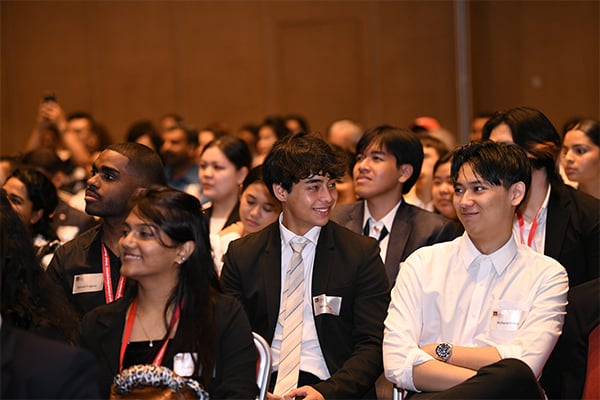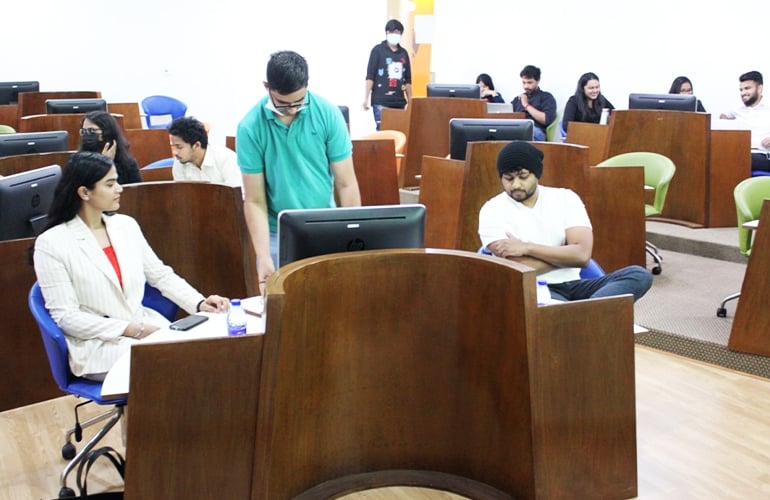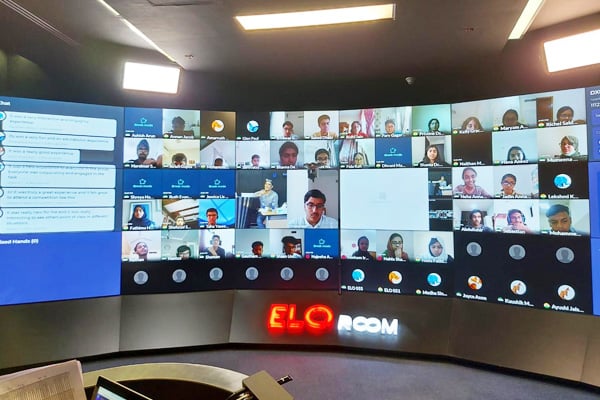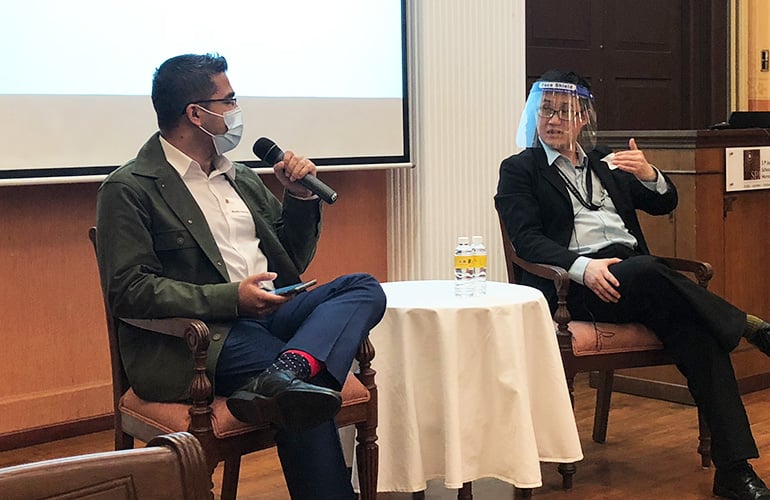
SP Jain School of Global Management held the Dubai chapter of its 8th annual Supply Chain Management Conclave, in association with SCLG, at The Oberoi, Dubai on September 11, 2019.
SP Jain School of Global Management held the Dubai chapter of its 8th annual Supply Chain Management Conclave, in association with SCLG, at The Oberoi, Dubai on September 11, 2019.
This year’s event brought together business leaders, logistics and supply chain professionals and academia to discuss and understand the state of digitisation of supply chains today and assess their impact on the business. The Conclave also looked into the future to understand the pace of digital transformation of supply chains in the wake of technological advancements and how to be prepared to take advantage of such transformation.
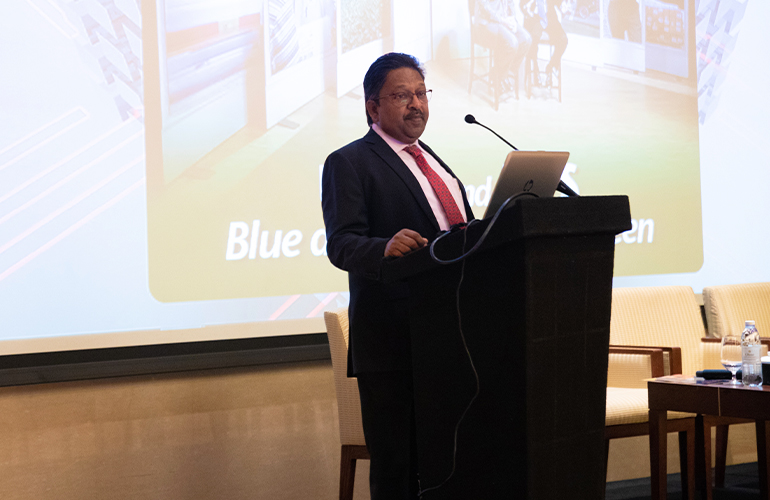
The event started with a welcome address from Chandrasekhar Singh, Global Director - Corporate Relations, SP Jain, followed by an address by Prof Christopher Abraham, Professor and Head of Campus (Dubai), SP Jain. Prof Abraham noted the importance of sharing best practices, describing this as the era of ‘co-opetition’ instead of competition. Nilay Gosavi, SCLG President & Roundtable Lead, shared a welcome note from SCLG. His talk focused on risk mitigation strategies and the need for identifying the weakest link in a supply chain.
Keynote Address
Mihin Shah, Chief Supply Chain Officer at Landmark Group – UAE, then took over to present the Conclave’s Keynote Address. He presented Landmark Group as a case study for digitisation and described transparency of data as the key benefit in the implementation of technology at the company. Sharing the enthralling progress of Landmark’s fully automated warehouse, Mr Shah shared how artificial intelligence (AI) has affected the organisation’s consistency and efficiency. “Digitisation has helped the company become more agile and better prepared to battle volatility,” he said.
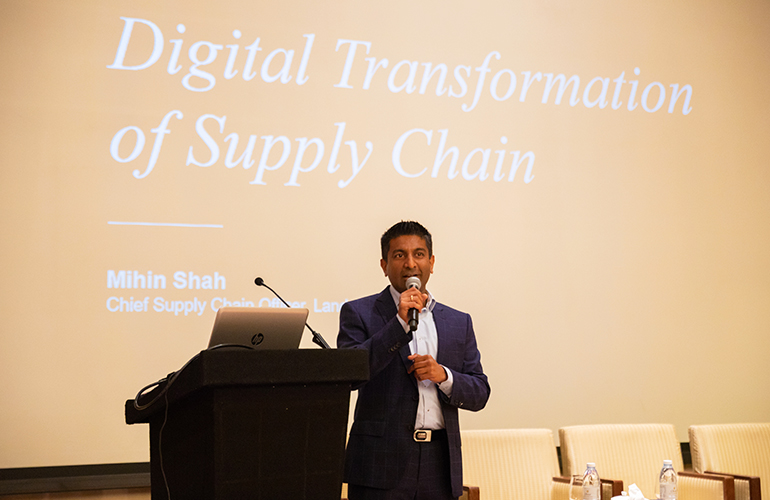
He also addressed the financial concerns relating to digitisation and explained how implementing change did not necessarily involve large investments in technology. Digitisation could begin with something as simple as using excel models to solve everyday problems and taking small steps to gradually implement changes as we learn from failure. Mr Shah emphasised on the importance of employees who could work with technology and highlighted the SP Jain graduates at Landmark who were involved in the organisation’s digital journey.
Research Survey
As a prelude to this conclave, a research survey was conducted to understand views on the current state of digital maturity of the supply chain in the organisations across the Middle East. Dr Rajiv Aserkar, Professor & Head of Logistics and Supply Chain Management, SP Jain, shared the survey findings from 100+ participating companies that shed light on the current technology trends, key focus areas for digital transformation and the effects of digital transformation on performance indicators.
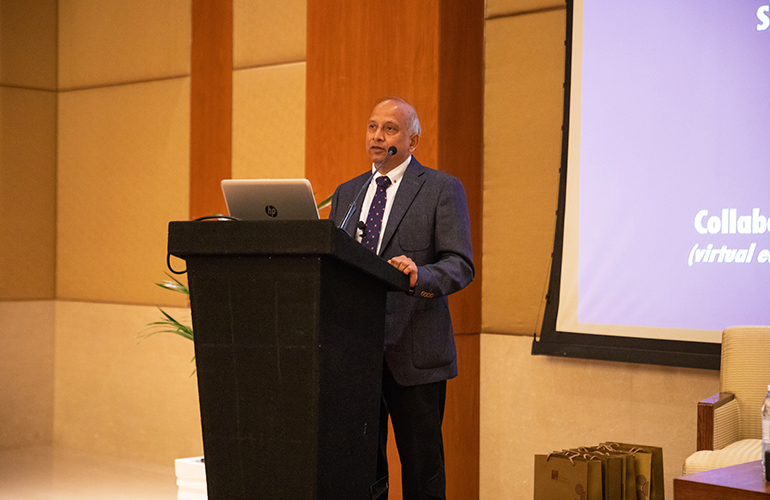
Panel Discussion
After a brief networking coffee break, the event moved on to an exciting panel discussion moderated by Sandeep Sahae, CEO of KAR Freight & Forwarding (AW Rostamani Group). Our esteemed panellists shared their experiences of the journey they undertook in the recent past to digitise their processes and organisations.
Parmeshwaran Iyer, Vice President of Supply Chain at Beiersdorf, shared his views on the importance of training and upskilling. He discussed an overview of the Beiersdorf supply chain and how the company constantly strives to maintain a startup culture instead of one of a large MNC. Mr Iyer brought forward the interesting concept of the ‘uberisation of time’, where a large part of an employee’s week would be spent in training and preparation.
Srinivasan Palani, Head of Supply Chain at Al Futtaim, focused on how the supply chain was involved in all aspects of a customer journey. He shared several examples and emphasised on how digitisation could enhance the customer experience.
Sudharshana Balasubramanian, Director at KPMG, described constant learning as the only solution to survive in an increasingly automated environment. He stressed on the need for acquiring new skills and evolving with the market.
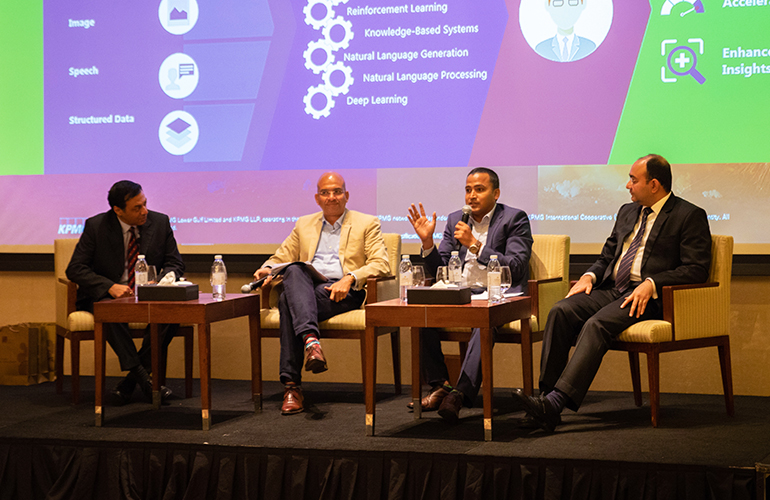
The panellists also answered questions raised by the audience, discussing a range of topics from reverse logistics, the upskilling of workers and continuous learning programs to the need for AI ethics laws and the role of governments in protecting sectors affected by technology.
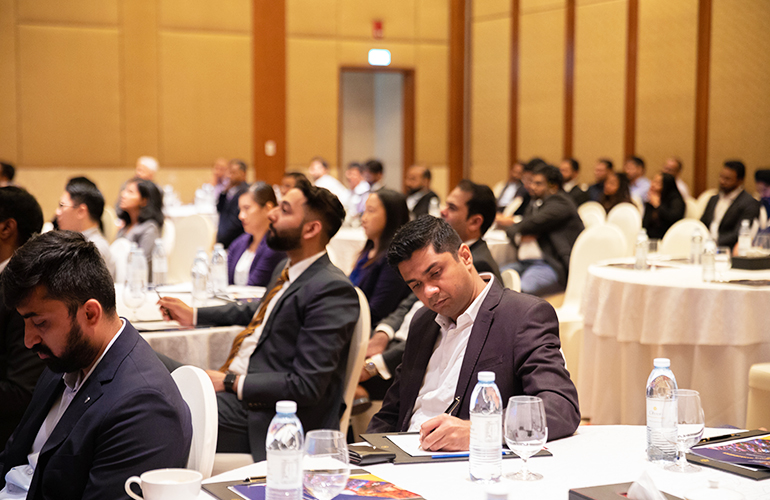
The panel discussion was extremely well received with conversations continuing long after the Conclave had ended.
SP Jain had also hosted successful chapters of the Supply Chain Management Conclave 2019 in Singapore on July 19, 2019, and in Mumbai on August 2, 2019.

